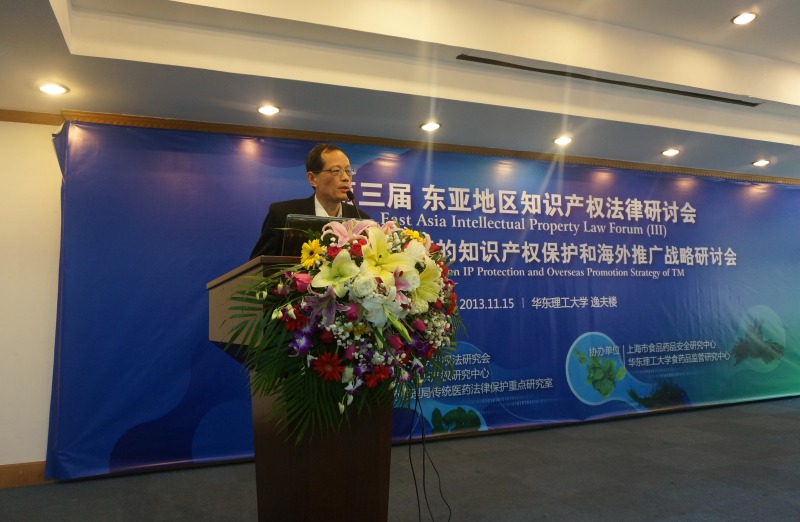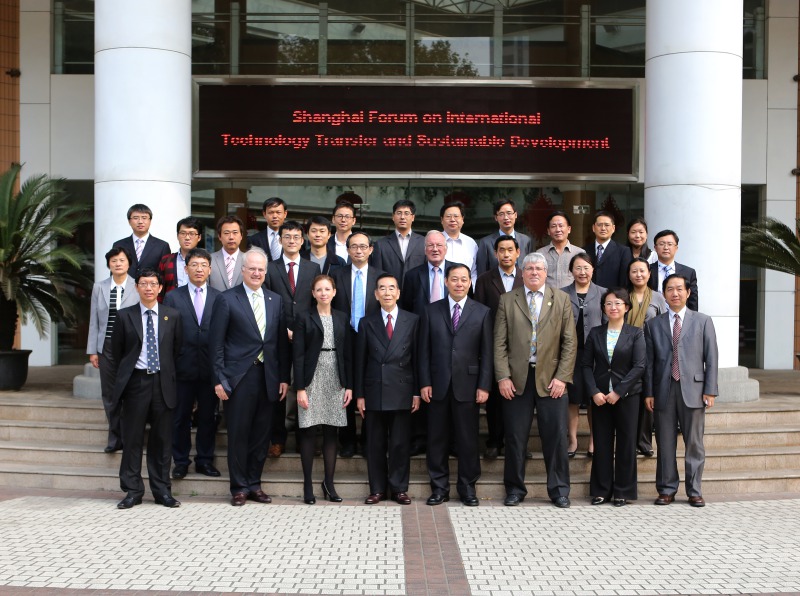China launches "genome project for ten thousand protozoa"
Protozoa are a group of unicellular eukaryotes, including unicellular eukaryotic algae and protozoa. "Where there is water, there are protists." More than 60,000 species of protozoa have been described, and unknown species are even more difficult to estimate. However, only about 400 protozoa species have published their genome data.
From 2020 to 2022, they will rely on the germplasm resources of more than 3,000 strains of eukaryotic algae and protozoa preserved by each sponsor, complete genome sequencing and analysis of about 10,000 protozoa through continuous sample collection and metagenomic data mining. The 10,000 species of protozoa include all 26 classes of protozoa, covering more than 85% of classes, 60% of orders and 30% of families and genera.
Algae in protozoa account for nearly 50% of photosynthesis on earth, and they are also good food and nutrients for aquatic animals and humans. At the same time, some of the protozoa dinoflagellates and diatoms "grow up" causing toxic algal blooms in rivers and oceans, causing serious environmental problems. In addition, many protists are important pathogenic parasites of human, livestock and aquatic animals, such as plasmodium causing human malaria, trypanosoma causing sleeping sickness, coccidiosis of chicken, etc.
Concerned expert thinks, "the ten thousand species of protozoa genome project", to understand the formation mechanism of biodiversity, the origin and evolution of multicellularity sexual reproduction based life sciences and other major issues, to promote national science and technology information resource sharing service platform of connectivity, with ecological environment protection, nutrition, health and disease prevention and control of related protists germplasm resources mining and application practice is of great significance.
Time: 2019.12.30
Source: xinhuanet
next:China completed the first genome sequencing in the field of herbage


